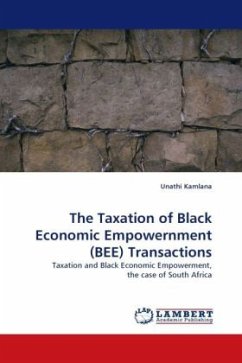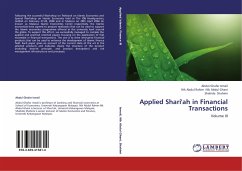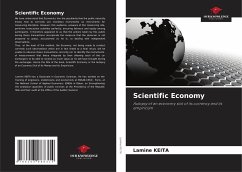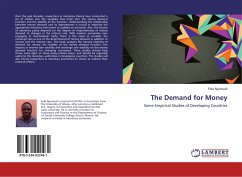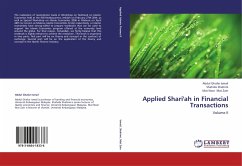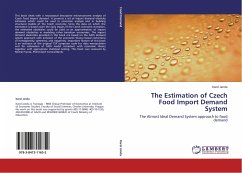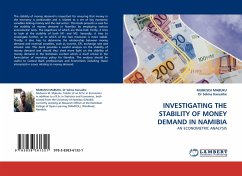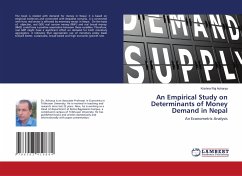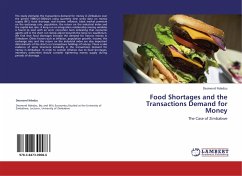
Food Shortages and the Transactions Demand for Money
The Case of Zimbabwe
Versandkostenfrei!
Versandfertig in 6-10 Tagen
32,99 €
inkl. MwSt.

PAYBACK Punkte
16 °P sammeln!
The study estimates the transactions demand for money in Zimbabwe over the period 1980:Q1-2004:Q4 using quarterly time series data on money supply (M1), food shortage, real income, inflation, black market premium on the exchange rate, population, the return on the industrial index and the capital loss rate. A long run co-integration relationship among variables is found to exist with an error correction term indicating that economic agents will in the short run slowly adjust towards the long run equilibrium. We find that food shortages increase the demand for narrow money in Zimbabwe. Other fa...
The study estimates the transactions demand for money in Zimbabwe over the period 1980:Q1-2004:Q4 using quarterly time series data on money supply (M1), food shortage, real income, inflation, black market premium on the exchange rate, population, the return on the industrial index and the capital loss rate. A long run co-integration relationship among variables is found to exist with an error correction term indicating that economic agents will in the short run slowly adjust towards the long run equilibrium. We find that food shortages increase the demand for narrow money in Zimbabwe. Other factors such as inflation, population growth, income, the exchange rate and the return on the industrial index are also important determinants of the short run transactions holdings of money. There is also evidence of some structural instability in the transactions demand for money in Zimbabwe. In order to contain inflation due to food shortages, monetary authorities should consider tighteningmoney supply during periods of shortage.



